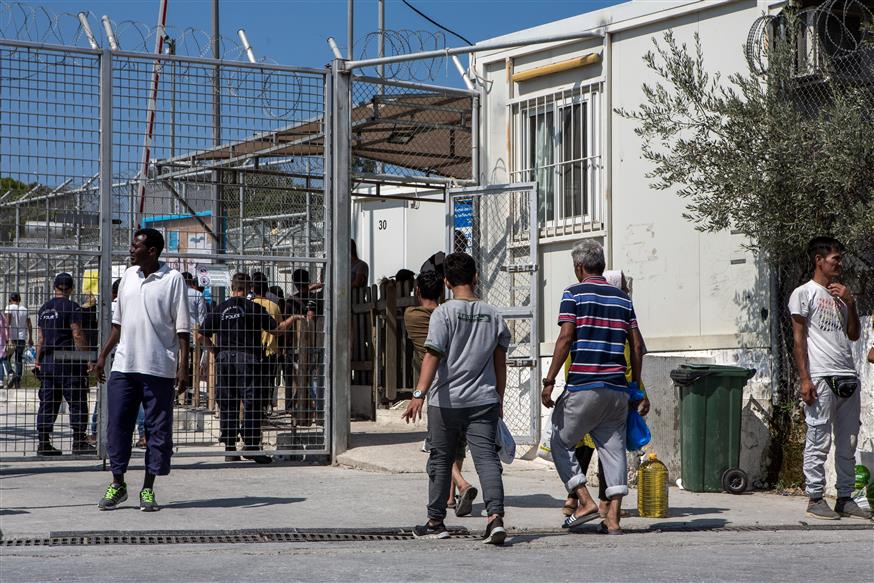Faced with a surge of migrants, the Greek government and the regional authorities of Crete have reached a strategic agreement. On Tuesday morning at the Maximos Mansion, Regional Governor Stavros Arnaoutakis and Prime Minister Kyriakos Mitsotakis agreed on the creation of two temporary migrant detention and reception facilities to alleviate pressure on local infrastructure.
Governor Arnaoutakis stressed: “People arriving must be transferred immediately; they cannot remain for extended periods. Over a single weekend, we exceeded 1,000 arrivals.”
The agreement focuses on rapid relocation of migrants from Crete to secure facilities and strengthening the security personnel, ensuring the safety of both migrants and local communities.
“There is also a problem with the personnel responsible for security, the Coast Guard, and the Police. We cannot have 1,000 people under the supervision of only five uniformed officers,” Arnaoutakis added, highlighting significant staffing and resource shortages.
Political and Social Context
Due to its geographic position, Crete is on the front line of arrivals from North Africa and the Western Balkans. The increased pressure on ports and local reception facilities has raised concerns among residents while prompting swift governmental intervention.
Arnaoutakis also noted that he communicated to Ministers Plevris and Voridis the urgent need for efficient migrant management and improved security measures.
“Discussions are ongoing, and I expect improvements,” he concluded, indicating that actions will continue and expand according to the evolving migration pressures.
Management Challenges
Handling the flow of migrants requires coordinated efforts across multiple agencies, including the Coast Guard, Police, Social Services, and Ministries of Migration and Health. Limited personnel and infrastructure may result in delays in asylum procedures and reception services.
Impact on Local Communities
Public sentiment in Crete is mixed: there is recognition of humanitarian needs, yet concerns persist regarding the impact on tourism, local infrastructure, and daily security.
The agreement to establish two temporary facilities represents a key step in government-regional collaboration, aiming to manage arrivals safely and humanely. The situation remains dynamic, and ongoing monitoring and policy adjustments will be critical to the effectiveness of the measures.
This decision comes at a time of unprecedented pressure on Crete, with over 1,000 arrivals in a single weekend, highlighting the urgent need for rapid and organized intervention.
